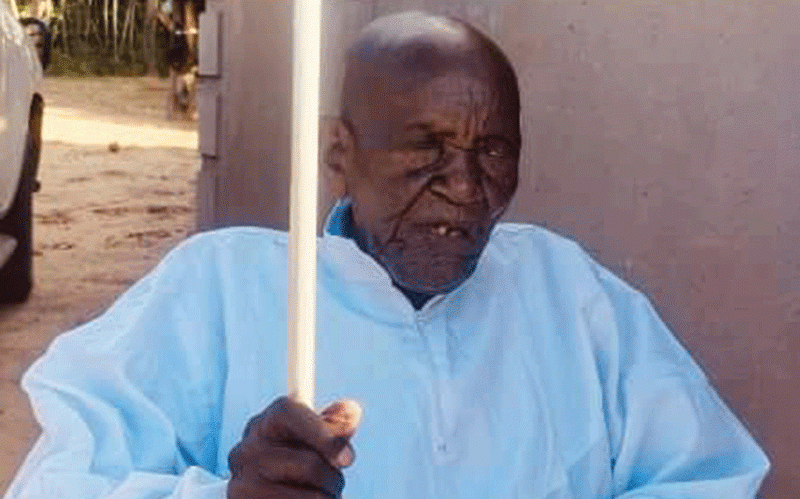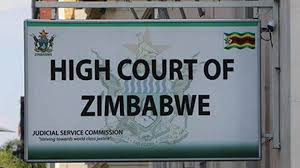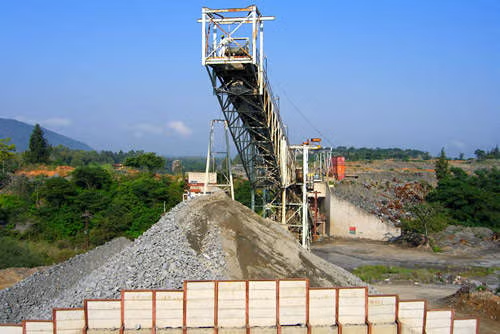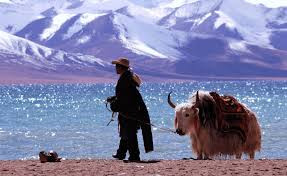
Residents in Mabvuku in the capital Harare have gone for years without water, exposing them to waterborne diseases like Cholera and diarrhoea.
Due to the erratic supply of the precious liquid, cases of diarrhoea have been reported in the high density suburb and the most affected were mainly women and children.

In this urban set up water supply has been irregular for almost 10 years now.
According to the Combined Harare Residents Association (CHRA) at least 900 people have sought medical attention at a council clinic in the area after suffering from diarrhoea-related illnesses suspected to have been caused by consumption of dirty water.

“This was revealed from our community monitoring report for the week ending Saturday June 21, by our ward co-ordinators.
Mabvuku Poly Clinic recorded 530 cases with Mabvuku Satellite Clinic recording 372 patients by midday Thursday last week and the situation indicates that more people are still trickling to the health centres for medical check-ups,” Chra said.
“A quick survey conducted revealed that the outbreak emanates from the inefficient supply of clean water and the use of unprotected water sources by residents. Residents suspect that the outbreak emerged after municipal water supply resumed last week in areas that had not been receiving municipal water for more than eight months which could be attributed to rusting infrastructure.”
- Chamisa under fire over US$120K donation
- Mavhunga puts DeMbare into Chibuku quarterfinals
- Pension funds bet on Cabora Bassa oilfields
- Councils defy govt fire tender directive
Keep Reading
In few instances where there is water in the suburb, it is suspiciously green, brown and smelly and this has led many people to believe that it was not fit for human consumption.

However, Harare city council water director engineer Christopher Zvobgo dismissed the fears as misplaced claiming there was evidence that the water was safe for drinking.
Chra however said Harare water was dangerous to drink due to a host of other issues including obsolete water purification equipment among others resulting in residents using contaminated water sources out of desperation.
A resident Itai Dhliwayo (29), who has been living in new Mabvuku for all his life, said: “I live near the council water tanks (kumatanks) and ever since the birth of my daughter in 2007, we have never had water for even a day. Water usually comes once a month for a few hours, and it is always brownish with traces of what seems to be rust.”
Despite the irregular supply of clean water residents said that they still received estimated water bills that ranged between $26 and $30 per month.

One woman angrily said: “Look at the water we are using. I don’t know what we have done to deserve this. The government needs to provide us with clean water.”
Watch video below:
Because of erratic water shortages sourcing the precious liquid have now become everybody’s business and children who are supposed to enjoy their childhood games or going to school are not spared as they spend the better part of each day fetching water for domestic use.
When Alpha Media Holdings chief photographer Aaron Ufumeli visited Mabvuku in Harare, he observed children as young as five years old walking for at least a kilometre to fetch water, which is visibly not fit for human consumption.
In Old Mabvuku angry women who were doing their laundry at a dirty stream flowing through a bush said that the situation in their area was bad. One of them even claimed to have a child who was recently discharged from Pacific Private Hospital after suffering from a bout of diarhoea.














